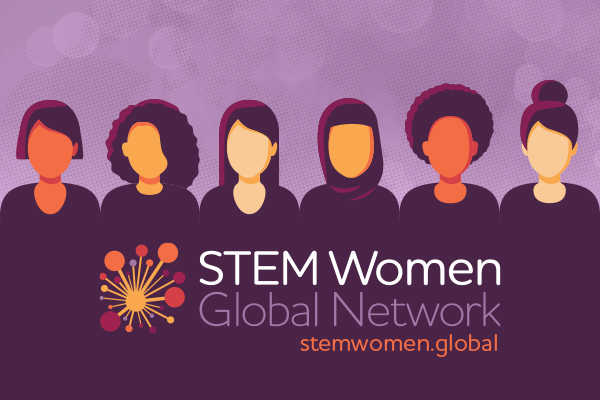Jane Fenelon
Research Fellow | Monotreme & Marsupial Reproduction & Development
University of Melbourne
Contact me for
- Mentoring
- Sitting on boards or committees
- Providing an expert opinion
- Outreach activities
- Conference presenting
- Opportunities to collaborate
Biography
I have always been passionate about working with wild animals. My PhD research introduced me to the tammar wallaby and the remarkable phenomenon that is embryonic diapause – the ability of around 130 mammals to pause and restart their pregnancy. This process has fascinated me ever since and has driven the majority of my research career, including time spent in Canada working on mink and mice. In many species, diapause occurs just before the attachment of the embryo to the uterus and the formation of the placenta. Two questions I’m particularly interested in are firstly, how do you keep an embryo arrested (for up to 11 months) and then restart it with no ill effects? And secondly, how do the uterus and the embryo communicate with each other to ensure reactivation and a subsequent successful pregnancy? We know very little about these early stages of pregnancy in any mammal, including humans, and understanding more about these processes will hopefully shed some light on how to make a happy and healthy embryo.
Recently, I’ve also had the opportunity to work with another one of our iconic animals, the echidna. The echidna is one of only two egg-laying mammals in Australia (along with the platypus) that is found in almost every corner of Australia. Despite this, we understand very little about its reproductive biology. For example, we only just confirmed how long their pregnancy is but we still know very little about them and their development. This project aims to change that.

 Resources and Opportunities
Resources and Opportunities Women in STEM Champions
Women in STEM Champions
 Contact
Contact